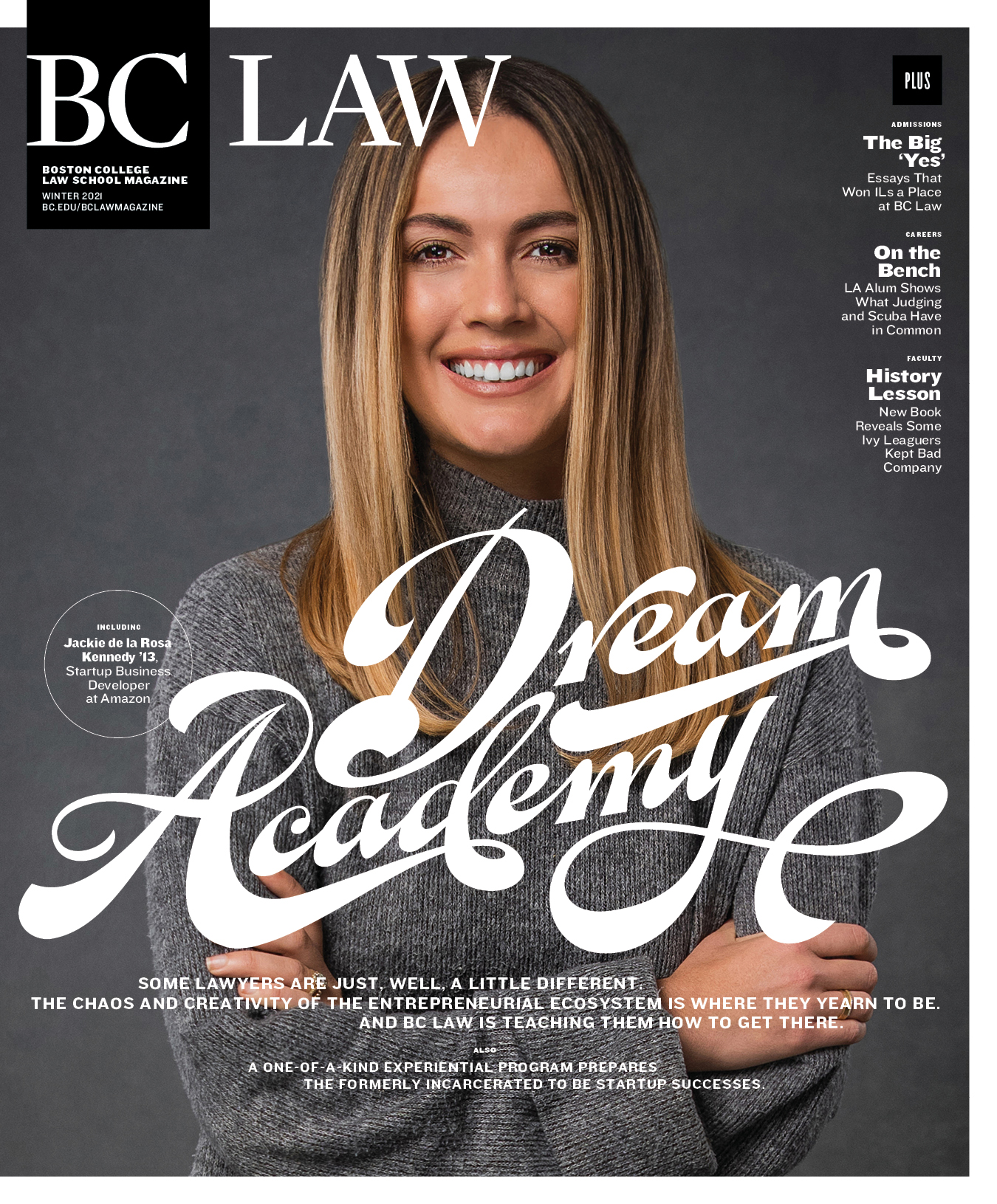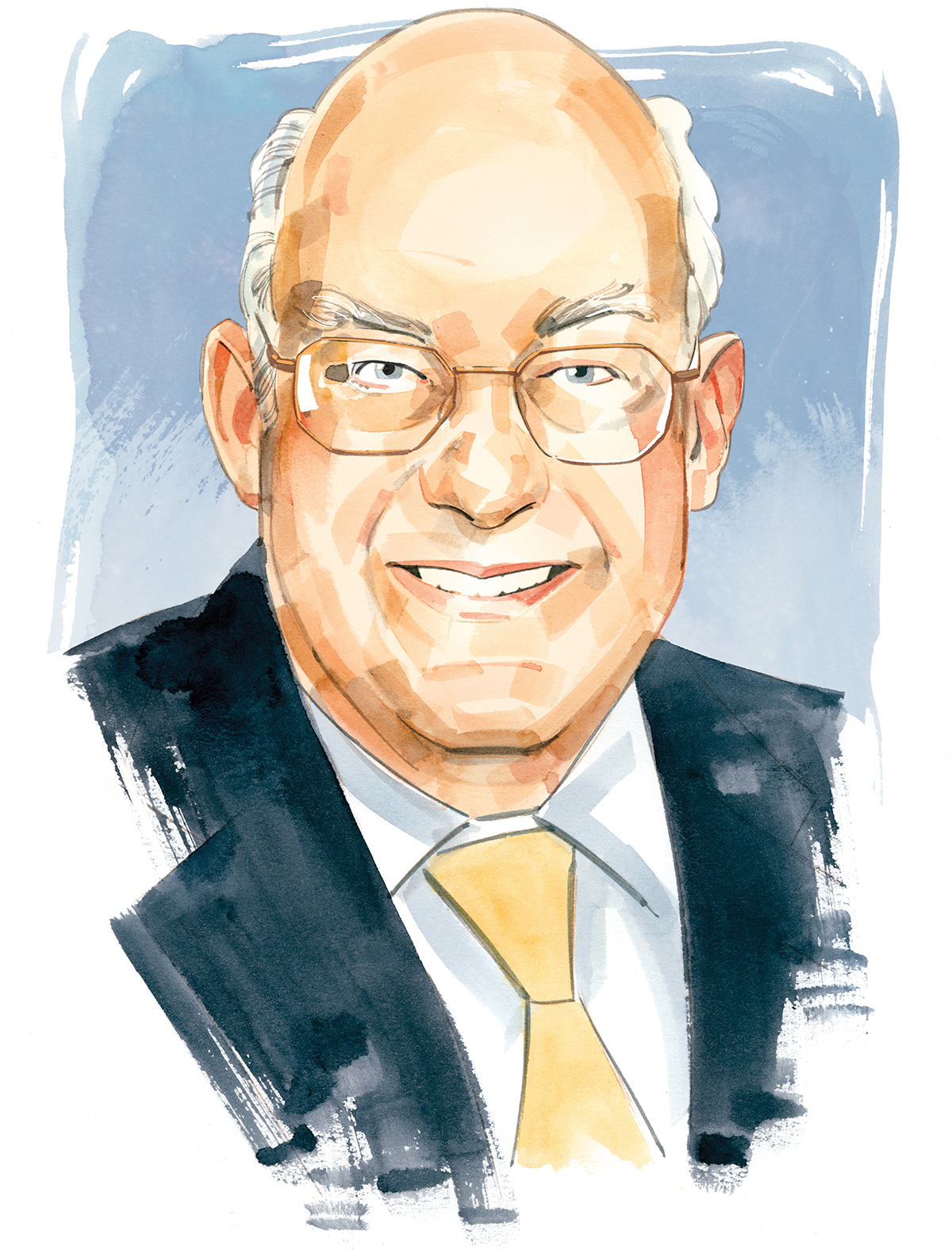Pocket Résumé
Degrees: BA, summa cum laude, Williams, 1966; BA Juris Oxford, 1969; JD, magna cum laude, Harvard, 1971. Clerkships: Clerked for Justice Robert Braucher of the Massachusetts Supreme Judicial Court 1971-1972 and Chief Justice of the United States Warren Burger 1972-1973. Leadership: Dean of Boston College Law School, 1985-1993. J. Donald Monan, SJ, University Professor, 1996-date. Writing: Author of many books, including a two-volume history of Harvard Law School coauthored with the educational philosopher Bruce Kimball.
The Idea: Having set the pattern for legal education and graduated many of the country’s most influential jurists, officeholders, and practicing lawyers, Harvard Law School has unparalleled influence among American law schools. A look at the school’s 200-plus-year history reveals deep flaws, however: boot camp-style instruction, racist, sexist, and anti-Semitic policies, an entanglement with slavery, a dean who did jail time for tax evasion, and incredibly, another dean, Roscoe Pound, who initially unknowingly hired a Nazi operative as his special assistant and, write Daniel Coquillette and Bruce Kimball, “became one of the most prominent and respected American apologists for the Nazi regime.” While earlier histories of the school have been more circumspect, Coquillette and Kimball have written a history that acknowledges the law school’s accomplishments while shining a bright light on its failures—what Robert W. Gordon, the Stanford legal historian, calls “an unvarnished institutional history for grownups.”
The Impact: On the Battlefield of Merit, the first volume of Coquillette and Kimball’s history of Harvard Law School, came out in 2015. Shortly after publication, Harvard Law School students began demanding that the school rid itself of its official seal, which—as the book revealed—was based on the coat of arms of the Royall family, the school’s first financial benefactors, whose great wealth derived from the toil of slaves. “The book caused trouble,” says Coquillette—among other things, a student sit-in and the formation of a committee to consider the seal’s retirement. By 2016 it had been retired.
The Intellectual Sword, volume 2 of Coquillette and Kimball’s history, continues the first volume’s critical integrity, starting with a dust cover depicting the staff of the Harvard Law Review from 1958: students Nancy Boxler Tepper and Ruth Bader Ginsberg at either end of the panoramic photo and, filling up the middle, fifty-five men.
Harvard Law School accepted its first women students in 1950, and for the next two decades women represented 3 to 4 percent of the student body. Those few who were admitted were treated poorly. Each year, new women students attended a dinner hosted by Dean Erwin Griswold during which each was asked why she was “taking the place of a man.” In 1956, when Ruth Ginsberg’s turn came, she was holding a full ashtray in her lap, and as she nervously rose to answer, she dumped butts and ashes all over the Griswolds’ living room carpet—“one of life’s most embarrassing moments,” she recalled.
Women students were also subjected to a custom known as ladies day. While professors ignored them on other days, on ladies day the women were peppered with questions about issues like the legal definition of rape and property rights surrounding wedding bands. Sexist treatment didn’t end until “a critical mass of women” arrived in the late 1970s, says Coquillette, who credits their advent with reform of the law school’s harsh instructional methods.
Daniel Coquillette and Bruce Kimball have written a history that acknowledges [Harvard Law School’s] accomplishments while shining a bright light on its failures—what the Stanford legal historian Robert W. Gordon calls “an unvarnished institutional history for grownups.”
While the law school’s institutional memory includes the early history of women students, the embroilment with Nazis and Nazism of Griswold’s predecessor Dean Roscoe Pound, was so deeply repressed that a main law school building still bears Pound’s name. Between 1934 and 1937 the dean, a lover of German culture, visited Germany three times, where he was feted by legal advisers to Hitler and Hitler’s SS corps. On his return from one visit, the New York Herald Tribune quoted Pound to the effect that “the average German was sincerely in favor of the Hitler regime.” Pound demurred on the question of “whether the powers [Hitler] now holds” violated the German constitution. During those years, Pound also accepted an honorary doctorate from the University of Berlin, a coup for Nazi propagandists.
Peter Rees ’14, a fluent German speaker who contributed valuable research to the book, discovered that Pound had been targeted by the German government, which hoped the influential dean would depict the Nazi government as normal and nonthreatening. Pound was accompanied on his trips by his special assistant, Anton Chroust, whom US Attorney General Thomas Clark described as “a wholehearted Nazi … entrusted by the Nazi government with an important mission in this country”—specifically, the cultivation of Pound. The dean employed the German national until the outbreak of World War II, when the FBI took Chroust into custody, after which Pound led efforts to free him.
Having played a role in the downfall of the law school’s official seal, does Coquillette believe it’s now the time to rename Pound Hall? Paraphrasing the historian Annette Gordon-Reed, he says, “To claim we’ve taken care of [historical wrongs] because we’ve changed a symbol is much too easy. You can change a name or symbol, but that doesn’t change the history.”



